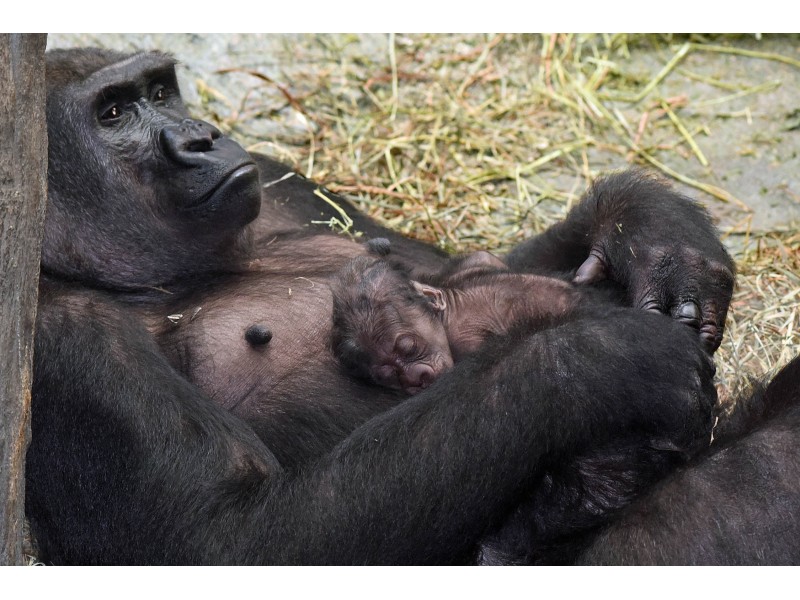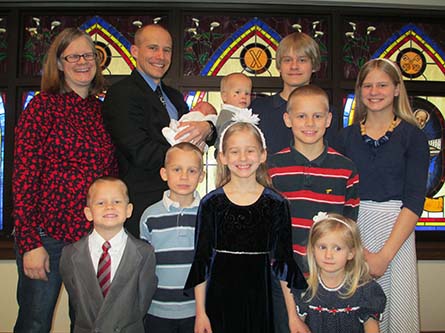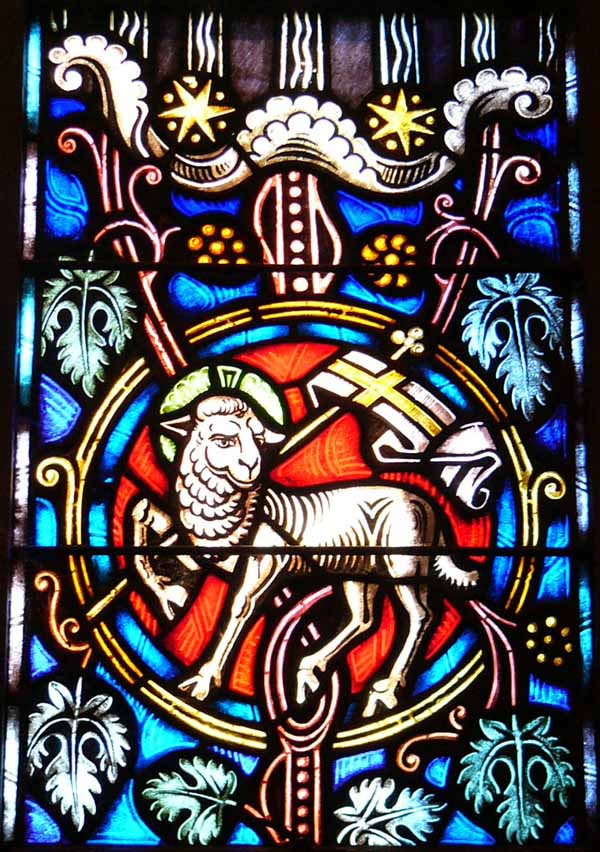Pastor Tom Johnson, December 13, 2015
A Farmer walked through his field one cold winter morning. On the ground lay a Snake, stiff and frozen with the cold. The Farmer knew how deadly the Snake could be, and yet he picked it up and put it in his coat to warm it back to life. The Snake soon revived, and when it had enough strength, bit the man who had been so kind to it. The bite was deadly and the Farmer felt his life slipping away. As he drew his last breath, he said to those standing around: “Learn from my example not to take pity on a scoundrel” (Aesop's Fable: The Farmer and the Snake).
At first it seems that John the Baptist is as cautious with the crowds coming to hear him preach and be baptized. Politicians are supposed to flatter their audience and supporters. John insults them. “You brood of vipers!” he calls them, “Who warned you to flee from the wrath to come?” He warns of the Messiah who is coming as a tree farmer to reap the fruit he has planted and cut down and throw the fruitless trees into the fire. John’s charge is a bit abstract: “Bear fruit in keeping with repentance.” “What shall we do?” the crowds ask. “Share with others what you do not absolutely need for yourself.” Make your surplus useful to those around you. Fulfill the Royal Law and Golden Rule to love your neighbor as yourself. “What shall we do?” even the ill-reputed and despised tax collectors ask. “Don’t try to collect more from people than you’re supposed to. “What shall we do?” the soldiers ask. “Don’t coerce people. Don’t take bribes. And be content with your salary.”
What makes John’s message unique is that he can be very abstract—bear fruit in keeping with repentance—but he can also be very concrete. He names specific behaviors and attitudes that need to change. What shall we do? We should realize that when we have more than we need, it pleases God for us to provide for the needy and less fortunate around us. We bear fruit that will bring joy to the heart of Messiah when he comes. What shall we who are in positions of power and authority do? We should remember that we are accountable to God and to those whom we serve. It was good news for the tax collector and soldier who began to see their vocations as serving the greater good and not bring harm to their neighbor. God is disappointed by the misuse of power. It saddens him and it brings hardship to others. Money is one of those common threads too. The love of money does seem to be the root of all kinds of evil (1 Tim 6:10). When Christ comes, he will be pleased to see the fruit of generosity and the heart of a cheerful giver.
What shall we do in preparation for Messiah? We should bear fruit that will make this world a better place. We should see our various vocations as a way to serve our neighbor. We should remember that whatever we do—even if it seems small and insignificant—is part of a greater story of how God is working through us. “What shall we do?” is a fantastic question. It reveals the heart of those people who went out into the wilderness to hear John preach and be baptized. They went to the water of the river Jordan ready to have their sins washed away. They listened to the Word of God for strength and guidance to live better lives. They went back to their jobs with a renewed sense of calling. Their work was to be the answer to our collective prayer “Give us this day our daily bread.” “What shall we do?” is a question that is only possible from a mind that doesn’t have all the answers. “What shall we do?” reveals a will that is ready to make a change. “What shall we do?” says “I am teachable. Instruct me. Mold me.” This question—“What shall we do?”—is the true essence of the meaning of repentance—a new behavior—a renewed way of thinking—a change from a path of sin toward a path of forgiveness and salvation.

Charles Spurgeon, a 19th century London preacher, said that “repentance is not just a change of mind, it is the change of the mind itself.” “What shall we do?” says I am ready for life-transformation. I am prepared for God to change the way I speak, act, understand my role at home, in the world, and through my particular vocation. “What shall we do?” is another way of asking for what we prayed for earlier in the service: “Wisdom to see your purpose” and “openness to hear your will.”
John invites us to imagine a world that is less venomous—not so much a family of snakes digging our fangs into one another—where we poison our neighbor in order to accumulate more stuff and amass more power. Instead we bear fruit for God. What shall we do? We learn from his example to have pity on scoundrels. This is the good news—God sends his Son to crush the head of the serpent. He takes away the poison of sin from under our tongues and out of our lives. He takes the bite of death on his heel on the Cross of Calvary. He overcomes death and the grave three days later. He assures us that he comes to make all things new. Through the washing of water, the Holy Spirit, and power of the Word he renews our lives. He comes to give us purpose. He comes to give our diverse vocations meaning. He comes to transforms a brood of vipers into a loving and nurturing family.
And so we pray: “Even so. Amen. Come, Lord Jesus.”








_-_James_Tissot.jpg)










